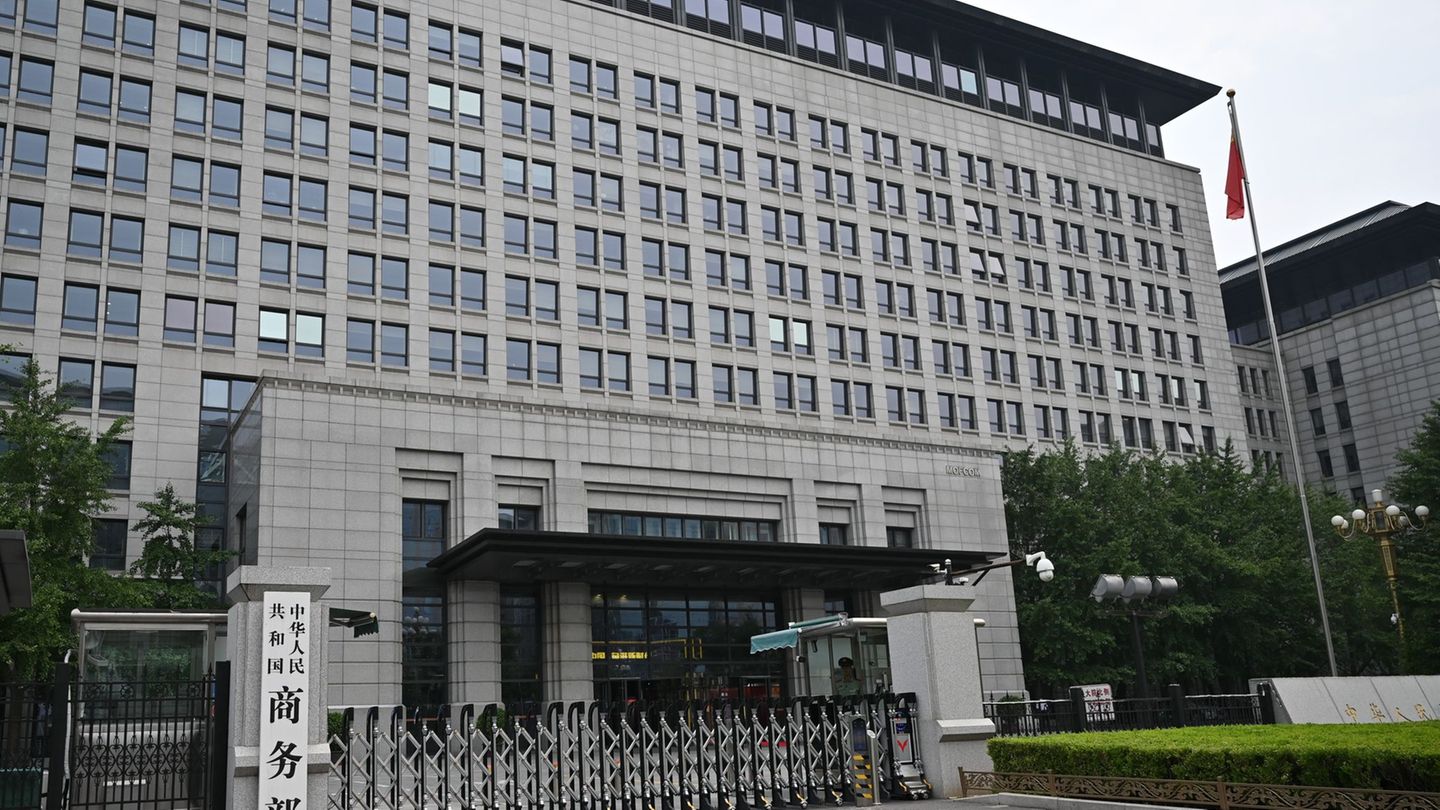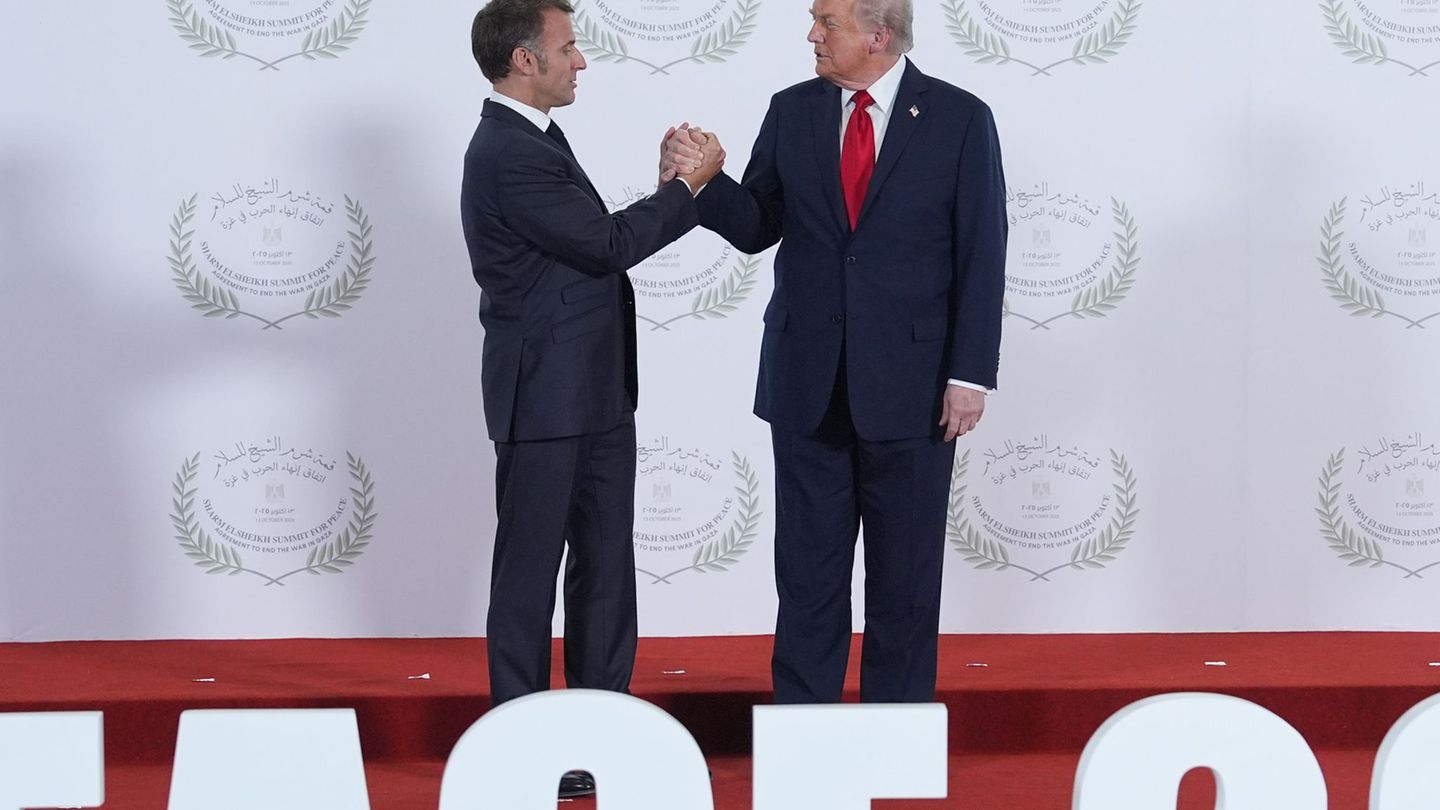Germany’s largest steel company is undergoing a transformation. On Friday, the supervisory board discussed future prospects.
As part of the planned restructuring, Germany’s largest steel manufacturer Thyssenkrupp Steel (TKSE) is to divest its stake in Hüttenwerke Krupp Mannesmann (HKM). The chairman of the TKSE supervisory board, Sigmar Gabriel, described this on Friday evening as a core component of a planned but not yet approved restructuring program of the board of directors.
Thyssenkrupp Steel has a 50 percent stake in HKM, the steel group Salzgitter has a 30 percent stake and the French tube manufacturer Vallourec has a 20 percent stake. Around 3,000 people work at HKM. TKSE wants to reduce its steel production capacity in Duisburg. HKM produces around two million steels annually for Thyssenkrupp.
If sale fails, HKM will be closed
“The primary goal is to sell the company shares in HKM and thereby secure jobs,” said Gabriel after a meeting of the supervisory board. If a sale is not feasible, an amicable closure solution for HKM will be worked on with the other owners. “Then the employees will be protected by a promise not to make any redundancies for operational reasons,” stressed the former Vice Chancellor. TKSE is already talking to an investment company about a sale. Thoroughness comes before speed, stressed Gabriel.
The restructuring program presented by the board, which also includes job cuts, was discussed but not yet decided. The background to this is the outstanding questions regarding the future financing of the steel company by the parent company Thyssenkrupp, which has sent its steel division on the path to independence. The first step was the entry of the energy company EP Corporate Group (EPCG) of the Czech billionaire Daniel Kretinsky with a 20 percent stake last week. The acquisition of a further 30 percent is already being discussed. Kretinsky attended a meeting of the supervisory board for the first time as a member on Friday.
Neutral report to be completed in 2024
Because the current control and profit transfer agreement between TKSE and the parent company expires at the end of September, a financing agreement will initially regulate the flow of money. A neutral report will then be drawn up for a five-year period to develop financing perspectives. The restructuring program will then be discussed on the basis of this report. It is to be presented this year.
Thyssenkrupp CEO Miguel López justified the planned restructuring of the steel division in May with reasons including insufficient demand, high energy costs, excess capacity and cheap imports from Asia. The division, which is highly dependent on the economy, has been the focus of the traditional group, whose roots lie in the steel industry, for years. Around 27,000 people work in the steel division, 13,000 of them in Duisburg. Thyssenkrupp employs around 100,000 people in total.
Source: Stern




